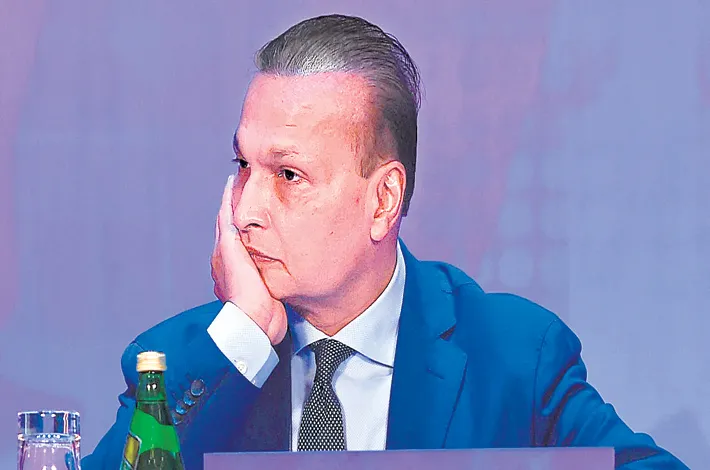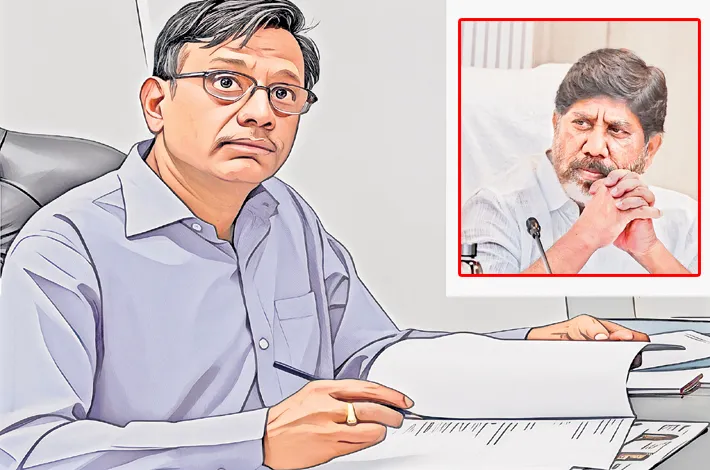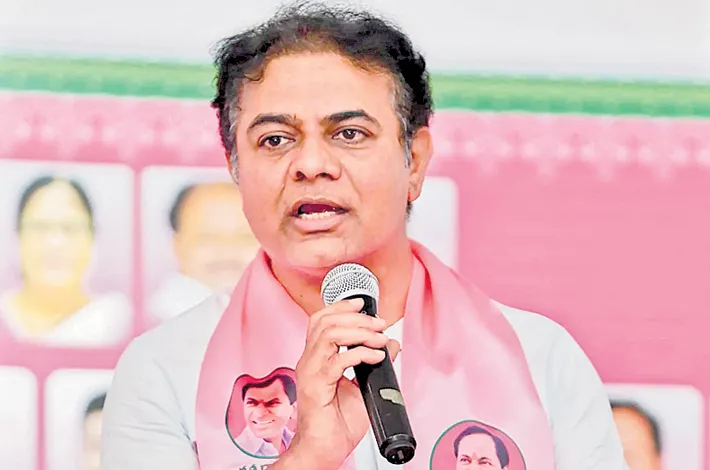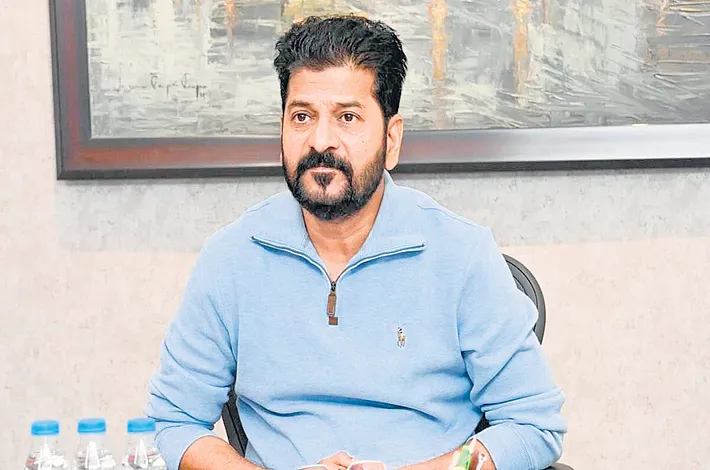From empire to enforcement The Anil Ambani saga unfolds
05-11-2025 12:00:00 AM

The agency has now frozen five companies and multiple high-value assets, signalling an aggressive push to recover alleged proceeds of crime. Calls for arrest and passport impounding of Anil Ambani grow louder among enforcement agency circles. Some even warned of the risk of flight, comparing the case to Vijay Mallya
The Enforcement Directorate (ED) has intensified its investigation into alleged financial irregularities involving the Anil Ambani-led ADAG group, conducting raids across multiple locations and seizing assets worth over Rs 4,462 crore. Properties targeted include eight bats in Noida, two in Hyderabad, six immovable assets in Andhra Pradesh, and office and residential premises in Mumbai. The agency is tracing proceeds of crime linked to the diversion of public funds through complex financial routes.
Following Dhirubhai's death in 2002, a bitter family feud culminated in the 2005 demerger of the then $15 billion conglomerate. Mukesh Ambani retained the petrochemical and retail behemoth, while Anil, the younger brother, inherited the Reliance ADA Group (ADAG) in 2006—spanning telecom, power, infrastructure, finance, and media. At its peak in 2008, Anil's net worth soared to $42 billion, crowning him the world's sixth-richest person and a symbol of aggressive expansion.
By 2020, cracks started. A London court heard Anil declare his net worth "zero" amid $716 million claims from Chinese banks over RCom defaults. SEBI banned him from directorships, citing governance lapses in 24 group firms. Banks like SBI and Canara flagged loans as fraudulent—totaling over Rs 20,000 crore across entities like Reliance Home Finance (RHFL) and RCom—alleging diversions to shell companies and round-tripping via Yes Bank.
Anil resigned from Reliance Power and Infrastructure boards in 2022, distancing himself as creditors circled. Fast-forward to 2025: The ghosts of these scandals have resurfaced with vengeance. On July 24, the Enforcement Directorate (ED) raided 35+ premises in Mumbai and Delhi, probing a Rs 3,000 crore Yes Bank loan scam Searches extended to Odisha and Kolkata in September for fake bank guarantees worth Rs 17,000 crore linked to Reliance Infrastructure.
Scale of fraud and systemic failures
Senior economists and retired investigating officers analysed the unfolding scandal. They described the case as “very disturbing,” alleging that India’s economy is increasingly dominated by crony capitalists. They also questioned why similar scrutiny isn’t applied to other corporate figures. The retired officer however, placed primary blame on Ambani, citing a decade-long pattern of financial distress, including defaulted loans from Chinese banks and lawsuits in London.
Mutual fund money routed through Yes Bank: Regulatory lapses exposed
The probe centres on allegations that Reliance Mutual Fund collected public money, routed it through Yes Bank via commercial papers, and diverted funds into shell companies linked to Ambani’s firms. A retired top official of Securities Exchanges Board of India (SEBI) criticized regulatory oversight questioning lapses on the part of Yes Bank’s internal auditors. He argued that the failure to detect the fund trail earlier points to deeper institutional weaknesses.
ADAG distances itself
In a swift response, the ADAG group issued a statement claiming Anil Ambani has not been on the board of key entities for over three years. Analysts dismissed this as a “standard tactic” to insulate the conglomerate. Corporate governance experts called the move “foolish,” asserting that the companies under scrutiny—such as Reliance Communications and Reliance Power—were originally promoted by Ambani, making his disassociation irrelevant to the historical fund trail.
In a major escalation, the ED provisionally attached a 132-acre property in Navi Mumbai linked to Reliance Communications. The agency has now frozen five companies and multiple high-value assets, signalling an aggressive push to recover alleged proceeds of crime. Calls for arrest and passport impounding of Anil Ambani grow louder among enforcement agency circles. Some even warned of the risk of flight, comparing the case to Vijay Mallya. Basu insisted that, at minimum, Ambani’s passport should be impounded. “If there is evidence, he cannot be allowed to flee,” they asserted.
As the ED expands its probe involving SEBI, CBI, and other agencies, the Anil Ambani case has become a litmus test for India’s fight against corporate fraud. With billions in public funds allegedly siphoned to China, the UK, and infrastructure ventures, pressure mounts for swift arrests and systemic reforms. The nation watches to see if justice will be blind to influence—or blinded by it.








